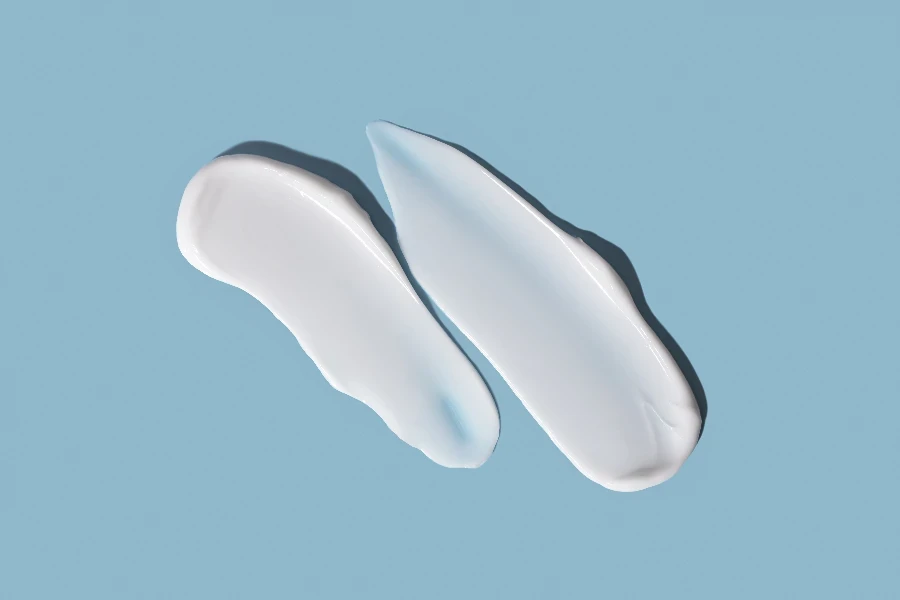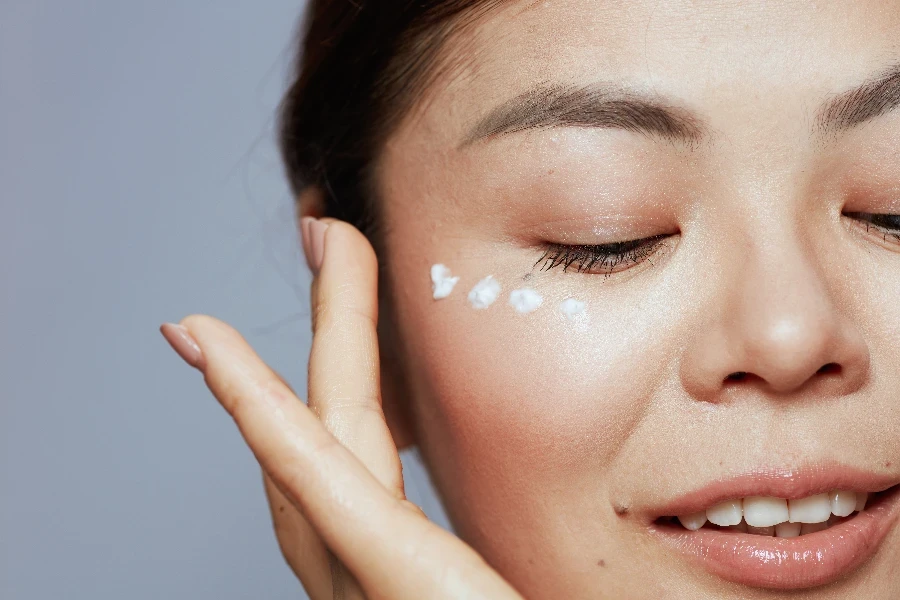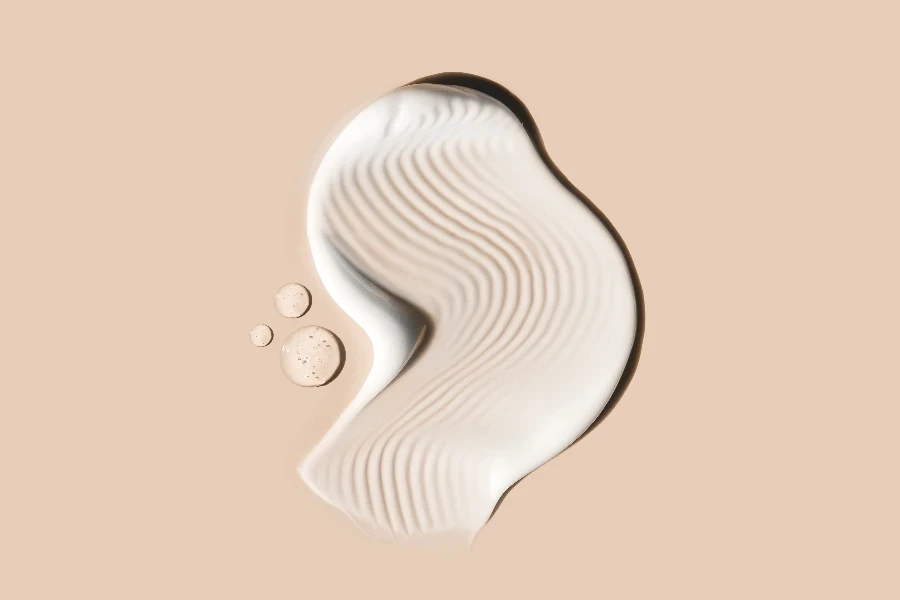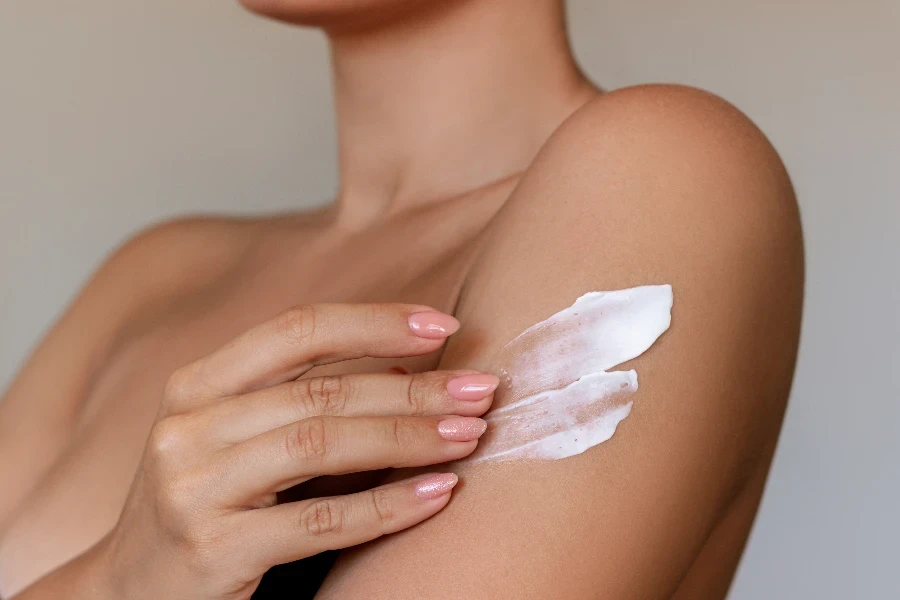Moisturizer is more than just a skincare staple; it’s a key to unlocking hydrated, healthy skin. Whether you’re battling dryness, looking to improve skin texture, or simply aiming to maintain a youthful glow, understanding moisturizers is crucial. This guide will explore the science behind moisturizers, their benefits, potential side effects, and how to incorporate them into your skincare routine effectively.
Table of Contents:
– What is moisturizer?
– Does moisturizer work?
– Benefits of moisturizer
– Side effects of moisturizer
– How to use moisturizer
– Top trendy products that contain moisturizer
What is moisturizer?

Moisturizer is a skincare product designed to hydrate the skin by trapping and retaining moisture. It’s composed of various ingredients, including humectants, emollients, and occlusives, each playing a unique role in maintaining skin hydration. Humectants, such as glycerin and hyaluronic acid, draw water into the skin, while emollients like lanolin and squalane soften and smooth. Occlusives, including petrolatum and beeswax, create a protective barrier to prevent moisture loss. This strategic combination works synergistically to keep the skin hydrated, supple, and healthy.
Does moisturizer work?

The efficacy of moisturizers is well-documented in dermatological research. By increasing the water content in the outermost layer of the skin, moisturizers can improve skin hydration, elasticity, and barrier function. This is particularly beneficial in dry, arid climates or during winter months when the skin is more prone to dryness and irritation. Regular use of a suitable moisturizer can also mitigate the signs of aging, such as fine lines and wrinkles, by maintaining skin plumpness and elasticity.
Benefits of moisturizer

Moisturizers offer a multitude of benefits beyond simple hydration. They can soothe sensitive skin, protect against environmental damage, and even improve skin texture and tone. For individuals with skin conditions such as eczema or psoriasis, moisturizers can provide significant relief from itchiness and irritation. Additionally, moisturized skin is more likely to effectively absorb other skincare products, enhancing the overall efficacy of your skincare routine.
Side effects of moisturizer

While moisturizers are generally safe for all skin types, potential side effects can occur, particularly with improper use or selection. These may include breakouts, allergic reactions, or irritation, especially in individuals with sensitive skin or allergies to specific ingredients. It’s crucial to choose a moisturizer that’s appropriate for your skin type and to conduct a patch test before widespread use. Paying attention to ingredient lists and avoiding products with known irritants or allergens can minimize the risk of adverse reactions.
How to use moisturizer

For optimal results, moisturizer should be applied to clean, slightly damp skin to lock in moisture. Using gentle, upward strokes, evenly distribute a pea-sized amount across the face and neck. It’s important to select a moisturizer that aligns with your skin type—oily, dry, combination, or sensitive—and the current season, as your skin’s needs may vary throughout the year. Incorporating moisturizer into both your morning and evening skincare routines can maximize hydration and skin health.
Top trendy products that contain moisturizer

The beauty market is continually evolving, with innovative moisturizing products emerging regularly. Current trends favor ingredients like ceramides, niacinamide, and peptides, known for their hydrating and anti-aging properties. Gel-based moisturizers are popular for oily or acne-prone skin, offering hydration without heaviness. For dry or mature skin, richer creams containing hyaluronic acid and squalane are in demand, providing deep moisture and enhancing skin barrier function.
Conclusion:
Moisturizer is an indispensable component of any skincare routine, offering a range of benefits from hydration to anti-aging. Understanding the types of moisturizers, their ingredients, and how they work can help you choose the right product for your skin type and concerns. With regular use, a good quality moisturizer can significantly improve skin texture, tone, and overall health, keeping your complexion looking radiant and youthful.



